The care and protection of children worldwide have undergone significant transformations since the adoption of the United Nations Convention on the Rights of the Child. Ghana, as the first country to ratify this convention, has shown a strong commitment to safeguarding the well-being of its children. The nation’s Constitution and additional legislative measures provide a solid framework for ensuring children’s rights and protection. However, to strengthen the implementation of these laws and enhance existing child welfare systems, collaborative efforts remain essential.
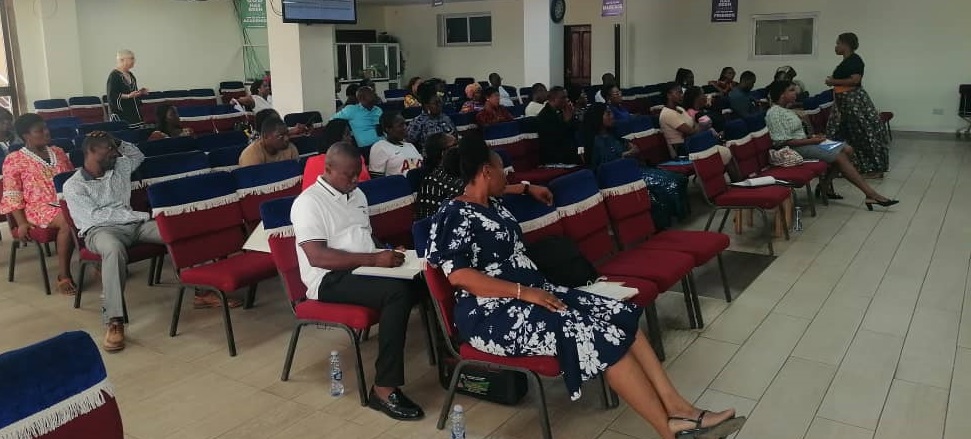
Recognizing this need, the Family-Based Care Alliance (FaBCA), in partnership with A Family for Every Orphan (AFFEO), organized a vital legal training on January 30, 2025. Themed “Forging a Roadmap for Alternative Care for Children in Ghana,” the training aimed to address pressing issues concerning the care of orphans and vulnerable children in the country.
Objectives of the Legal Training
The training was designed to:
– Review current laws and policies related to the protection and care of orphans and vulnerable children.
– Raise awareness among practitioners about the significance of legal oversight in child welfare.
– Identify gaps and areas for improvement within the existing alternative care system.
– Foster an inter-institutional commitment to best practices in child care and legal proceedings.
– Advocate for the establishment of an inter-institutional commission to oversee the implementation of best practices outlined in the declaration.
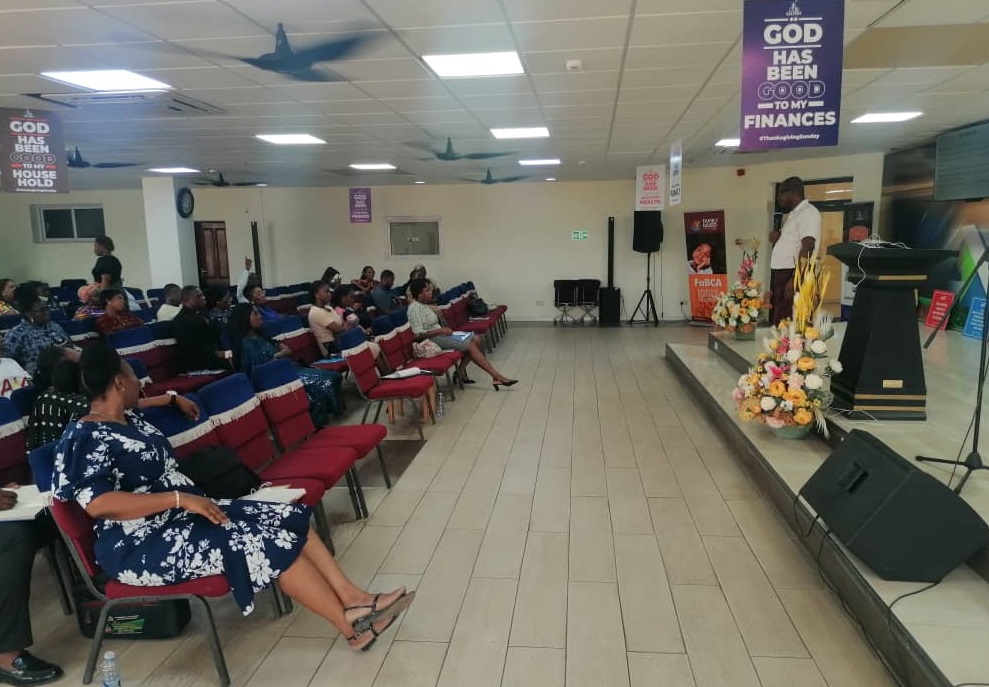
Key Insights from the Training
The session brought together church leaders and social workers to engage in meaningful discussions. Through comprehensive presentations and interactive dialogues, participants gained a deeper understanding of the current legal landscape surrounding child welfare and the necessary steps needed to achieve a more robust system.
A key highlight of the training was the participation of Mrs. Ruth Sharon from AFFEO, who traveled from the United Kingdom to share invaluable insights on global best practices in alternative care. Her contributions provided a comparative perspective, offering guidance on how Ghana can enhance its child welfare approach by learning from international experiences.
Moving Forward
The training marked an important step toward strengthening the childcare system in Ghana. As discussions progress, stakeholders are expected to collaborate closely to implement the recommendations outlined in the roadmap. A commitment to improving legal frameworks and fostering inter-institutional cooperation is essential to ensure that every child in Ghana has the opportunity to grow up in a safe, loving, and supportive environment.
By prioritizing alternative care and legal oversight, Ghana reaffirms its dedication to the rights and protection of children, paving the way for a brighter future for its most vulnerable populations.
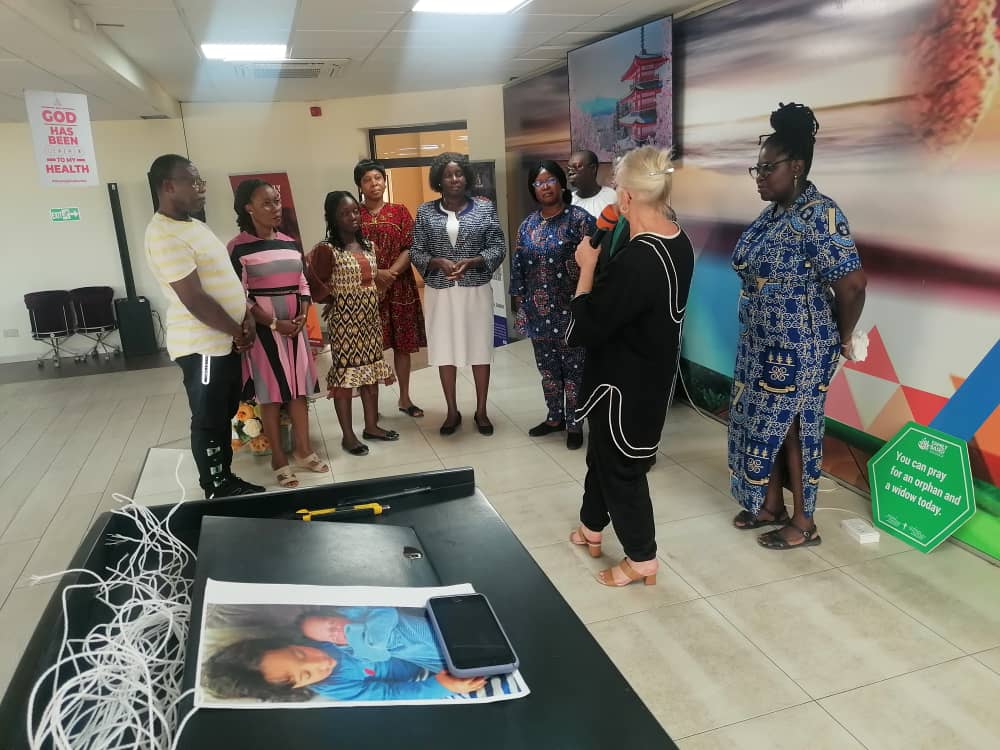
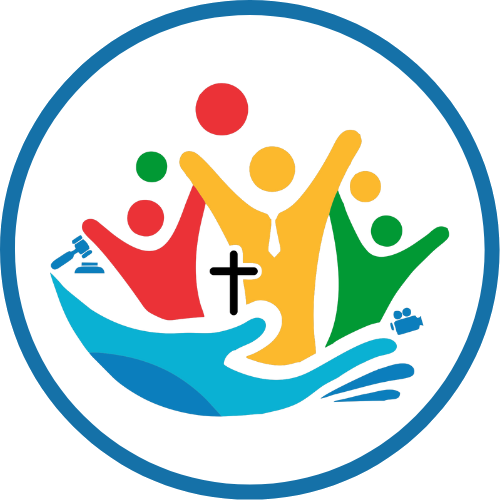
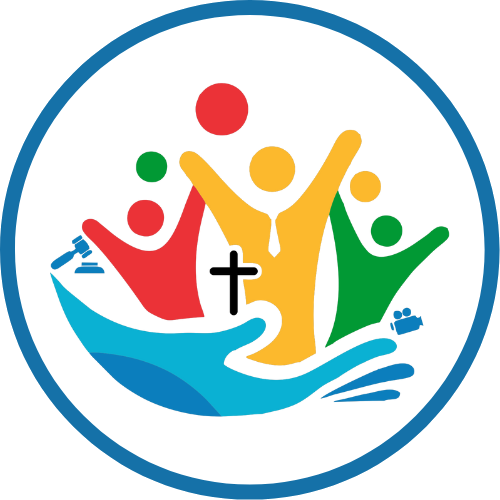
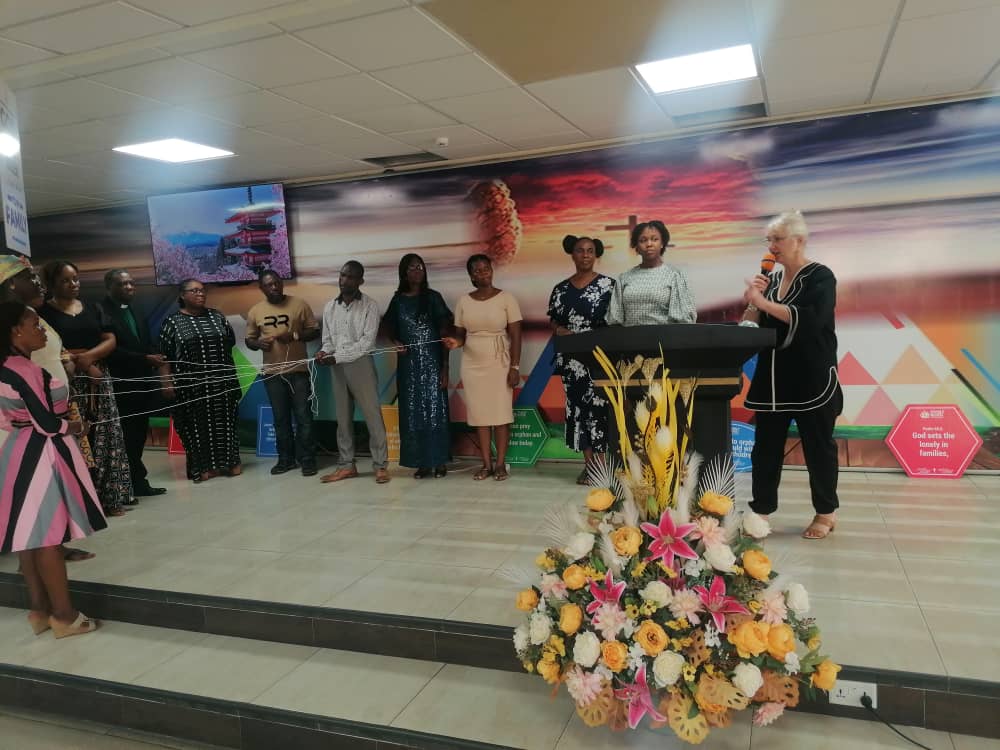
No responses yet